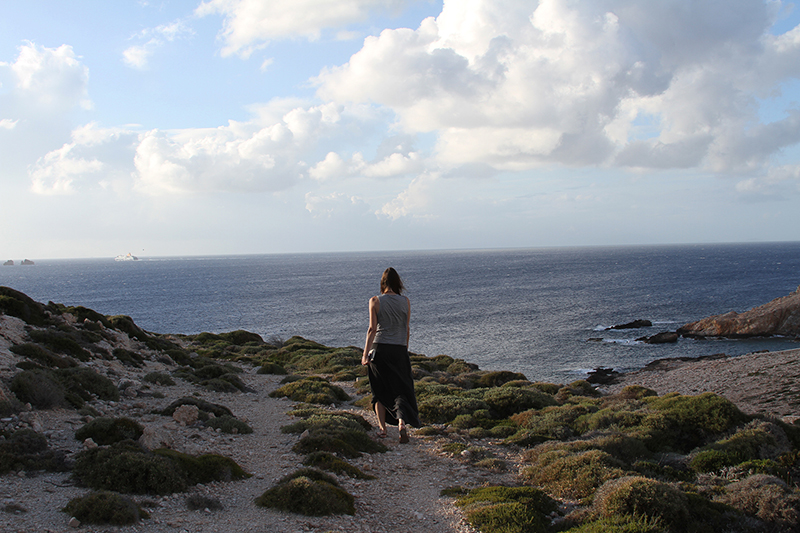Come on and Zoom!
The thing about GROWTH
Interesting digression from Joel Klotkin about a dilemma that continues to plague us, which is also wrapped tightly around all efforts to de-couple ever-growing returns in economic activity from energy-intensive work and employment:
The global phenomena of low economic growth and rising prices has sparked middle-class-led rebellion—what one Marxist publication describes as “a strike against the rising cost of living.” While the specific issues may vary in each instance, the new protests are motivated by middle- and working-class fears that slow and de-growth conditions will “proletarianize” their once decently comfortable living standards.
Many of the progressive gentry dismiss these movements as primitive populism, producing detestable things like Brexit and the election of Donald Trump. But the “great revolt” has since expanded to countries with liberal cultures and evolved welfare states, including France, Chile, even Norway and the Netherlands. In most places these rebellions are led not by perpetually outraged students, laid off workers, or angry immigrants, but by solidly middle-income workers who feel their long-term prospects, and those of their children, are increasingly dismal.
These fears are particularly acute for workers in environmentally inconvenient industries, such as energy, manufacturing, or home-building, who are losing their jobs or have been explicitly targeted for unemployment by the green Left. Those who continue to work in unavoidably energy-intensive industries like agriculture continue to be saddled with ever rising costs for critical commodities like diesel fuel. These energy price rises particularly impact most Europeans who drive to work.
This is obviously not unrelated to the perpetual ‘make the miners into coders’ solution that is stupid on its face (we don’t need that many coders) and insulting by implication (they can just do something else!).
The need for ever-increasing growth needs some re-imagined parameters. Instead of successive generations wanting their kids to earn more and more, what if our dream was for them to work less and less? What else might they do? Do you mean we can’t think of or value anything else beyond work? Is that the actual problem? The idea/reality that it is blasphemy to consider the merits of working a 20-hour week, or that we have trouble imagining these merits says far more about us that we should be comfortable with.
Hmmm. What’s Green?
Image by author.
The Perils of Ownership
At first [okay, maybe only right away], this article about efforts to save the Everglades benefitting U.S. Sugar appeared to be the apotheosis of green: environmentalism that made sense fiscally, actually working to save an industry whose competition – sweetener not from sugar but corn – was wrecking the ecology, not to mention the health, of the country. Also, being so easy to find right up near the top of the page of the Times on a Monday morning, surely it might also be a positive harbinger – you see, this is what green is supposed to mean.
Boy, talk about projection.
In its current form, the deal’s only clear, immediate beneficiaries would be United States Sugar, a privately held company based in Clewiston, Fla., and its law firm, Gunster, which is expected to collect tens of millions of dollars in fees for its work on the sale, according to current and former United States Sugar executives.
The sale, scheduled to close March 31, amounts to a lifeline for the company, which entered negotiations at a time of profound weakness; it was facing a costly shareholder lawsuit, sinking profit margins and increased foreign competition. The deal would enable it to wipe nearly all the debt from its books.
United States Sugar had an unusually powerful advocate in Gunster, a West Palm Beach law firm that had represented it since 1990. Gunster’s chairman, George LeMieux, was Governor Crist’s chief of staff when the deal was first conceived. Mr. LeMieux, who began working at the law firm in 1994, returned to it in January 2008 as the deal was being renegotiated.
So, on top of the long-obstinate landowners getting to profit by allowing a lifeline to clean water for the ecosystem, their competitors, the Native American tribe that lives on the land, conservation groups and the feds were all locked out of negotiations right up until before they were announced. It’s not that this alone doomed the project, but it certainly didn’t help – mainly because the governor and U.S. Sugar created a dynamic whereby their efforts would naturally be opposed, instead of engendering a sort of automatic support – the kind I had when I first glanced at the headline.
Because (uh-oh, the Adventures of Positive Boy), as North Americans, cynicism is not our default setting. But that’s not where I was going… oh yeah. There is a disconnect, a patented (that’s a crazy, if illustrative, euphemism: only in this country – where, oddly, everyone’s gotta own everything but everything that is not privately owned has some taint and is not worth anything) separation between a ‘best of both worlds scenario’ and the ‘worse possible combination’ that are so close to each other that they travel the same pathway. Yet we persist in believing them to be completely different. The path to health for the environment and positive economic outcomes is the same. Not to say this path is an easy one but, Occam… gesundheit.
We can have eminent domain on all kinds of levels, but we must only use it to benefit commercial interests. We can’t allow ‘the state’ to value the Everglades – the only subtropical wetlands ecosystem of its kind – in its own right; it must be attached to profit and ownership in some form.
How about we engage in a little trade for a euphemism-to-be-named-later: we change the concept to manifest domain, in exchange for eminent destiny.
Can you tell who’s had a supposedly free morning? jeez.

